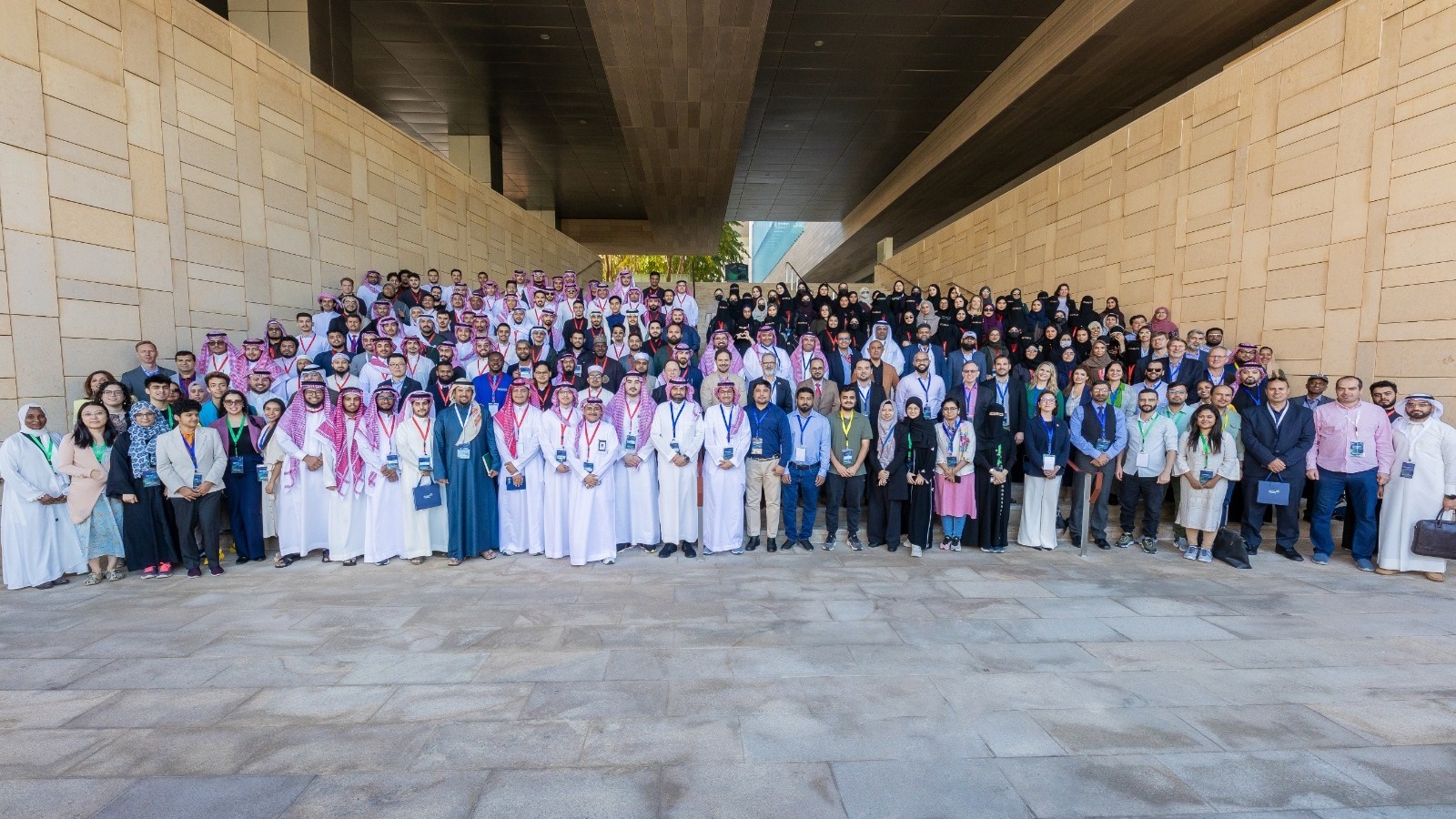KAUST showcases new tools for sustainable development in Saudi Arabia

A Saudi-run lab at KAUST is putting the Kingdom at the forefront of sustainable construction.
The Urban Lab, run by Associate Professor Sami G. Al-Ghamdi, Environmental Science and Engineering, is leading work on the Saudi National Life Cycle Inventory, a new environmental database that provides quantitative information for urban planners and policymakers on the environmental impact of products and processes over their lifetime.
Included in the data is information on raw material use, energy consumption, water usage, waste generation and air pollutants specific to Saudi Arabia.
Buildings consume more than 70 percent of electricity generated in Saudi Arabia. And with industrial sectors surging in recent years by more than 50 percent, sustainable products and processes are more needed than ever, which is why Saudi industries are seeking partners like KAUST to provide quantitative data measuring the impact of a product or process.
The database aims to guide multiple sectors, including the construction industry, transportation industry and more in their adoption of green technology. It is an ongoing project that is bringing together companies from across these many sectors and relying on quality data to implement Life Cycle Assessments (LCA) into their project planning.
LCA provides a scientific approach to measuring the impacts of a product, service or manufacturing process on climate change, ozone depletion and even human health or toxicity.
Ways to adopt LCA
The Saudi National Life Cycle Inventory is one of the many scientific instruments, technologies and innovations that were highlighted at Greening the Giga: Advancing Sustainability in Saudi Construction — a KAUST workshop that brought together more than 500 people representing government bodies, giga-projects, industry and academia.
The workshop showcased ways to adopt LCA, a requirement for operating inside the Kingdom, as Saudi Arabia proceeds to its goal of becoming net-zero carbon emissions by 2060.
“For Saudi Arabia to lead in sustainable urban development, it needs to lead in science and technology that provides quantitative data on the environmental effects raw materials have over their lifetime. KAUST is at the center of these efforts and is working closely with all stakeholders to align our research aspirations to the goals set by the Kingdom leadership in this sector,” said KAUST President Sir Edward Byrne AC, who spoke at Greening the Giga.

In addition, the workshop was an opportunity for the Urban Lab to release a new comprehensive report on LCA. Titled “Building a National Framework for Life Cycle Assessments: Pathways to Sustainable Development in Saudi Arabia,” the report provides a framework for understanding and integrating LCA into sustainable development, the challenges in collecting data, and the process of building databases like the Saudi National Life Cycle Inventory.
At the forefront of LCA practices
In the past decade, Saudi Arabia has enacted new guidelines and policies to achieve Vision 2030 sustainability goals, including reducing greenhouse gas emissions, achieving carbon neutrality, and optimizing energy and water use. Many large-scale projects in Saudi Arabia, including NEOM, World Expo 2030 and World Cup 2034, are mandated to consider urban cooling, the protection of biodiversity, and robustness against extreme weather in their proposals.
However, to fulfill this expectation, organizations need reliable data, trained professionals and academic programs that train the next generation. Al-Ghamdi said: “The Saudi National Life Cycle Inventory is designed to help developers optimize building emissions and adopt low-carbon strategies through data-driven decision making.”
By being at the forefront of LCA practices, Saudi Arabia not only expects to be a global model for sustainability, it envisions more foreign investment, which will result in more skilled professionals producing more innovation in the Kingdom.

